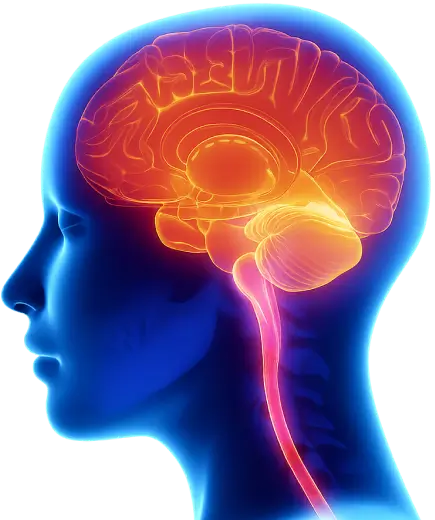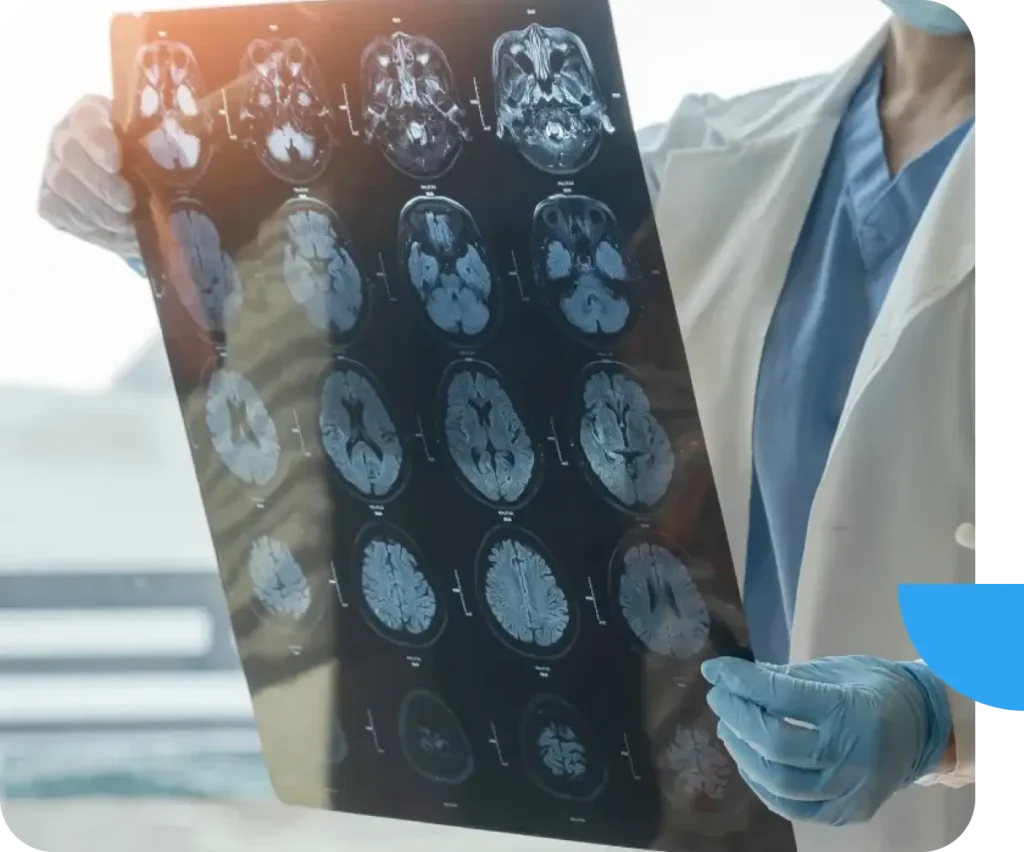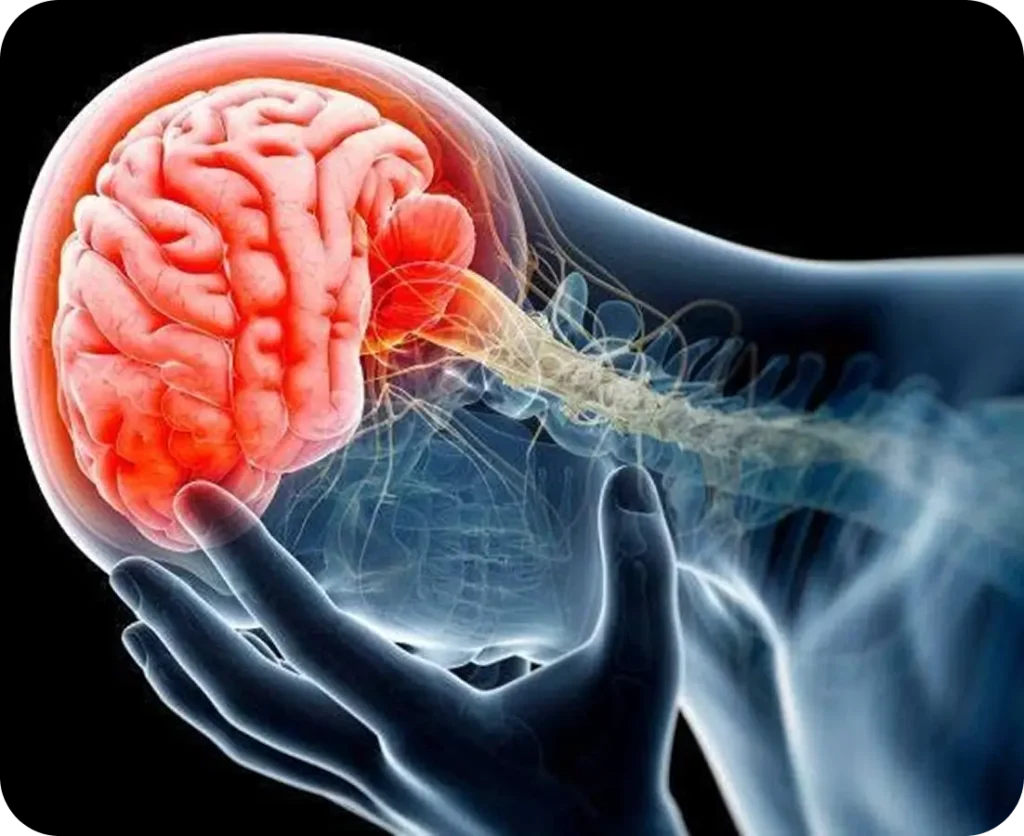Mild Traumatic Brain Injury (mTBI), commonly called a concussion, is caused by a sudden impact or jolt to the head.
A mild traumatic brain injury (mTBI) is caused by external forces like accidents, falls, sports, or blasts, with or without loss of consciousness.
Even without a head strike, sudden acceleration or deceleration (coup-contrecoup injury) can stretch brain fibers and disrupt nerve communication—often hard to detect on scans.
At the Comprehensive Spine Center of Dallas, our specialists detect even subtle brain injuries and provide personalized treatment for recovery.



For mild traumatic brain injuries, seek prompt medical assessment to prevent complications and lasting symptoms.
Consult a physician immediately if you:
If you are experiencing pain in the head and/or neck area, contact a doctor ASAP about identifying the causes.
Quick and accurate diagnosis has the potential to ensure an appropriate and effective treatment plan.
At the Comprehensive Spine Center of Dallas, our experienced doctors provide thorough assessments and effective treatment plans for mild traumatic brain injuries, while our dedicated team ensures patient comfort and recovery.
Live outside central Dallas? No problem! We proudly serve the greater Dallas–Fort Worth area with five convenient locations in Arlington, Lancaster, Mesquite, North Dallas, and Fort Worth. Each office is staffed with experienced doctors and surgeons, ensuring you receive expert brain injury treatment close to home.


Some people recover without any formal treatment, however, if symptoms persist, you may be recommended additional treatment options, such as:
Meet with skillful doctors and nurses to determine the root cause of your issues and implement remedies.
Learn about the surgical and non-surgical treatment options that are most appropriate for the mTBI you’re experiencing.
Receive the best possible brain injury treatments in Dallas, with our innovative methods of assessment and state of the art surgical systems.




Request Your Same-Day Mild Traumatic Brain Injury Evaluation
Don’t wait in pain — our expert spine specialists are available for same-day evaluations.
A mild traumatic brain injury, also known as a concussion, happens when the brain moves suddenly inside the skull due to impact. While called “mild,” it can still affect memory, balance, and concentration. Recognizing symptoms early and receiving prompt care is important for recovery and preventing complications. (Learn more about related care in our Concussion Testing & Treatment.)
Mild traumatic brain injuries can occur from auto accidents, sports impacts, falls, or any event that causes the head and neck to move quickly. Even if there is no loss of consciousness, the brain may still be affected. Knowing the causes helps patients seek early medical attention. (See more recovery support under Physical Therapy.)
Common symptoms include headaches, dizziness, confusion, blurred vision, memory difficulties, and problems with concentration. Some patients may also experience nausea or balance changes. Symptoms can appear right away or develop hours later, so monitoring is essential. If symptoms worsen, medical evaluation is recommended. (Learn about diagnostic options like Nerve Conduction Study.)
Diagnosis usually involves a neurological exam, review of medical history, and cognitive testing. Imaging may be used to rule out more serious injuries. The goal is to understand how the brain functions after trauma. Early diagnosis allows doctors to create an effective treatment and recovery plan. (Read about additional care in our Pain Management services.)
Treatment often includes rest, close monitoring, and a gradual return to daily activities. If symptoms continue, therapy may be recommended to improve balance, focus, or memory. With proper care, most patients fully recover. Following medical guidance is key to safe healing after a mild traumatic brain injury. (Explore rehabilitation approaches in Physical Therapy.)
Seek medical help immediately if you lose consciousness, have worsening headaches, vomiting, or confusion. Even without those warning signs, ongoing dizziness, memory issues, or difficulty concentrating should not be ignored. Quick evaluation ensures safe management and better recovery from concussion-related symptoms. (Learn about related diagnostic care such as Concussion Testing & Treatment.)
Contact us and set up your doctor visit today to start your journey to pain-free living